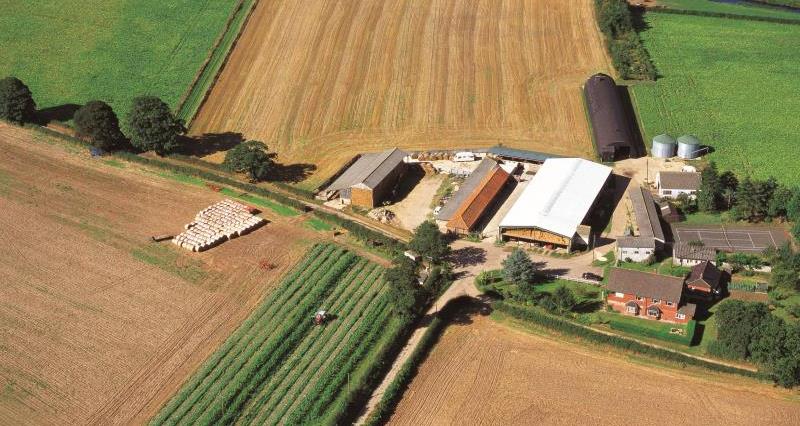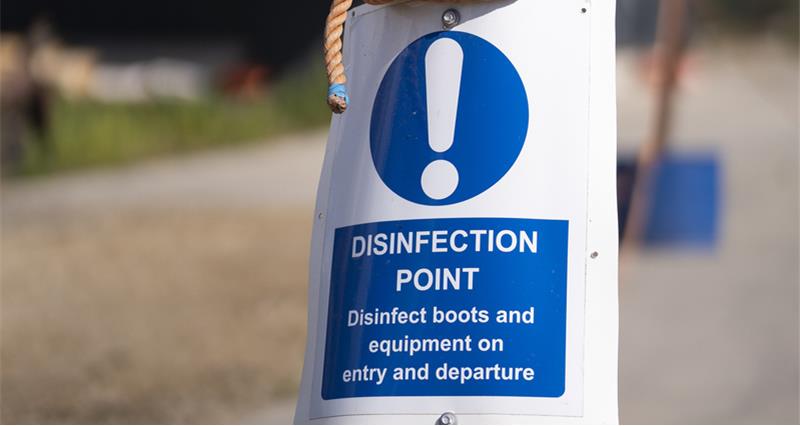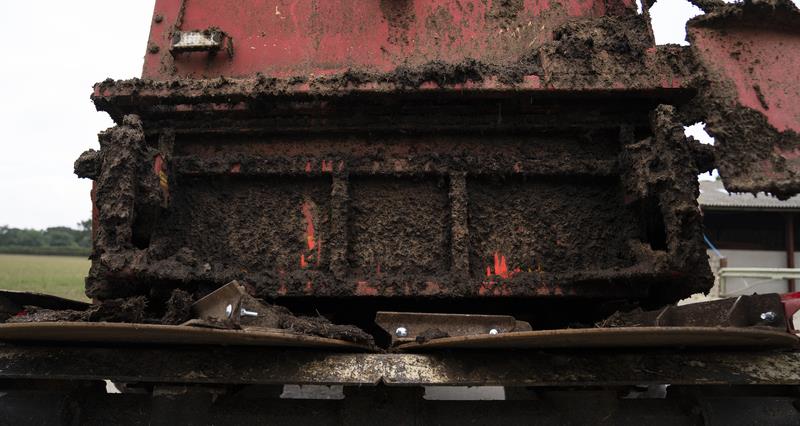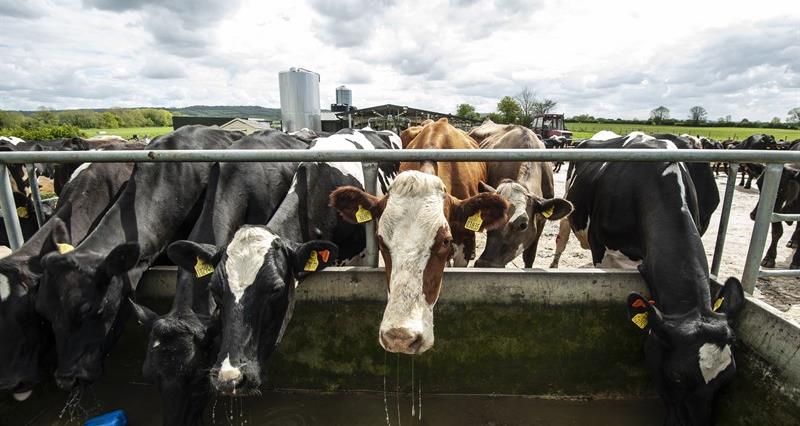All staff, contractors and visitors entering farm premises should be aware of, and take part in, your biosecurity measures to help prevent the spread of disease.
Practical biosecurity protocols are vital to reduce the risk of animal diseases, particularly during this period of heightened risk.
Use the following tips to review your own protocols and make sure you are doing all you can to protect your animals from notifiable diseases. We've also made a handy poster for you to display around your farm – download our biosecurity poster for livestock keepers.
Site
- Keep yards clean and don’t let water pool.
- Restrict access – ensure gates and doors are locked where possible.
- Ensure effective control of vermin to avoid other potential paths of transmission.
Staff
- Where possible, use site specific boots and clothing and change before leaving.
- Park in designated places away from livestock and manure.
- Provide regular training on biosecurity protocols.
- Ensure all staff and contractors, including vets, AI techs, foot trimmers, shearers etc. are aware of and adhere to biosecurity protocols.
- Staff and contractors should arrive with clean equipment that is free of organic matter and ensure protective clothing is disinfected.
Farm equipment
- Avoid sharing equipment between sites and sheds.
- If this is unavoidable, ensure thorough cleansing and disinfection in between uses.
- Disinfect farm vehicles that leave the site on their return.
Download and print this guide
Visitors
- Monitor and restrict visitors and vehicle access where possible.
- Provide signage on where vehicles can or can't go, especially around livestock areas.
- Instruct and supervise visitors on biosecurity requirements, display clear signage.
- Provide facilities for cleansing and disinfection of footwear.
- When appropriate provide PPE such as foot covers and coverall.
- Provide facilities for handwashing.
- Provide facilities for cleansing and disinfection of vehicles.
Livestock movements
- Buy from known sources and enquire about the health of the livestock you intend to purchase.
- Ensure you follow the six-day standstill.
- Report movements to national systems accurately and maintain herd/flock register.
- Ensure your holding is correctly registered, including any tCPH and TLAs.
- Consider isolation of animals that moved onto the holding before these are introduced to the rest of the herd or flock.
- Have a contingency plan in place, to consider feed and housing needs if a national movement ban was imposed.
General
- Use Defra-approved disinfectants at correct dilution rates.
- Take biosecurity seriously.
- Minimise the number of vehicles and people on site to essential only.
- Ensure all contractors, including vets, AI, foot trimmers, shearers and staff have clean cloths, vehicles, equipment before handling livestock.













